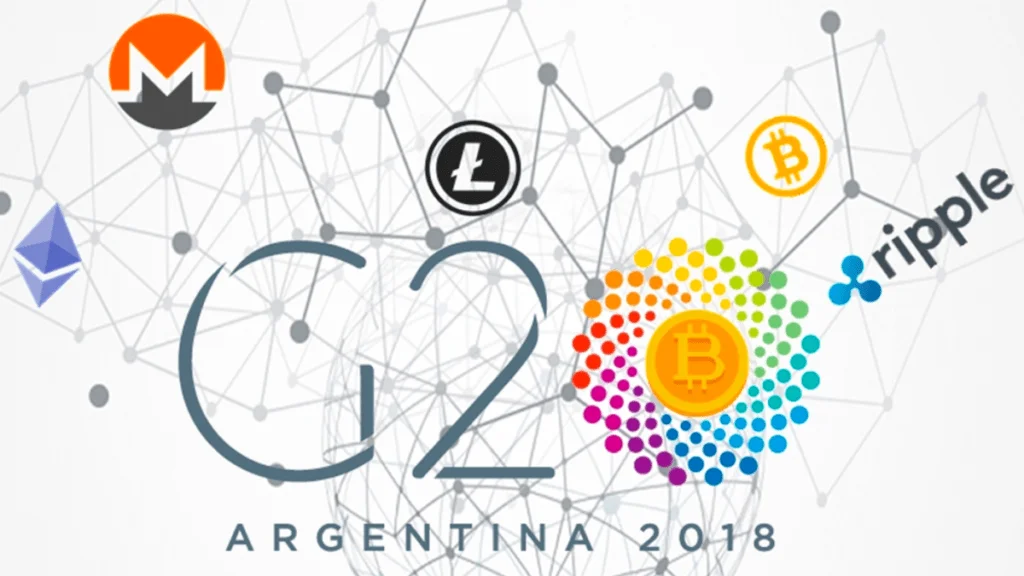In order to stop the funding of terrorism, it will compel the developed economies to oversee worldwide crypto regulation of digital assets.

For a very long time, India has chosen the “wait and watch” approach to rules relating to digital assets. Following the Digital Rupee (CBDC) trial launch, the Asian country hopes to draw attention to cryptocurrency restrictions at the upcoming G20 conference.
Crypto Rules To Be In Focus At G20
According to reports, Indian Finance Minister Nirmala Sitharaman has identified eight key topics for the country’s G20 presidency. The impact of these crypto restrictions is, nonetheless, included in this list. On December 1, 2022, the G20 meeting will get underway. It further stated that the Asian country would push for coordinated efforts to control global spillovers.
In order to stop the funding of terrorism, it will compel the developed economies to oversee worldwide regulation of crypto assets. According to the finance minister, international restrictions on digital assets are necessary to prevent money laundering and the financing of terrorism. It will take a group effort, she continued, as no one nation can successfully govern digital assets on its own.
Collective Effort Needed
Nirmala Sitharaman emphasized the significance of moving forward with creating a money trail. So unregulated cryptocurrencies shouldn’t be used to finance illegal activities like buying drugs, financing terrorism, or gaming the system. She recommended that since just one nation would be able to complete this task, we should enlist the help of the G20 members. According to a previous Coingape report, India would start releasing the Digital Rupee (e-W) on November 1, 2022.
